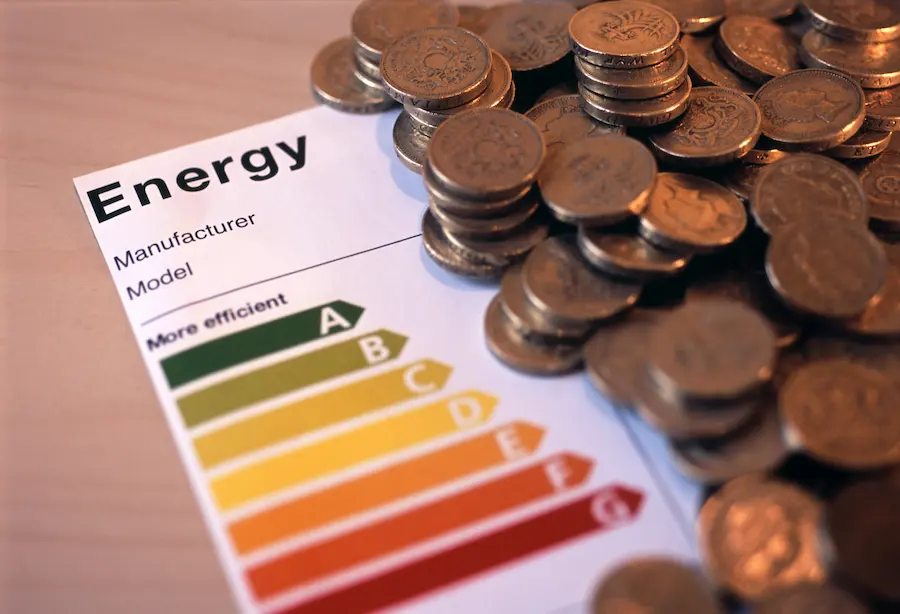Table of Contents
Key Takeaways
- Comprehend the intricacies of energy deregulation and its implications for consumer choice.
- Identify strategies to navigate the diverse electricity provider landscape effectively.
- Uncover approaches for informed decision-making to benefit one’s finances and the broader environment.
When the conversation turns to energy deregulation, it often prompts many questions, especially from consumers in areas like Texas, which boasts a robust deregulated energy market. For instance, residents searching for Corpus Christi electricity providers must navigate a landscape that offers great choice but also requires a clear understanding and careful consideration to ensure they are making decisions that serve their wallets and their ethical standards. This article dives deep into the facets of energy deregulation and provides actionable guidance for choosing an electricity provider that’s right for you.
The Basics of Energy Deregulation
Energy deregulation stemmed from a desire to open the electricity markets to competition, thus hoping to reduce costs and improve service delivery. This policy shift meant that the monopolistic hold by a single utility was broken, enabling various companies to generate and sell electricity. The result was the morphing of consumers into active market participants with the power of choice. Deregulated energy systems, as experienced in states like Texas, offer consumers a selection of energy providers, rates, and plans.
However, deregulation doesn’t come without its criticisms and praises. On one hand, consumers can benefit from reduced energy prices due to the competitive pressure on providers. On the other hand, the sheer number of options and technical nature of energy contracts can be overwhelming, leading to potential confusion and ill-informed choices. Furthermore, rare instances of market abuse and service unreliability can occur, emphasizing the need for vigilant regulatory oversight.
The Consumer’s Role in a Deregulated Market
Now more than ever, consumers command significant influence in deregulated markets. The power to choose among various Corpus Christi electricity providers means consumer preferences can significantly shape the market. Principled decisions like patronizing companies prioritizing renewable energy can propel the industry toward more sustainable practices. Understanding one’s energy requirements becomes a personal financial issue and an act of civic engagement in shaping the energy economy.
Navigating the Electricity Provider Landscape
The journey to selecting the right electricity provider starts with understanding the different entities that make up the market. Generally, these companies can be categorized as investor-owned, municipal, or cooperative utilities, each with unique attributes. Critical factors like the rate structures (fixed, variable, indexed), contract lengths, and the fine print regarding fees should be meticulously reviewed when assessing providers. Furthermore, evaluating the provider’s environmental footprint is crucial—many now offer plans sourced from renewable energy, a boon for eco-conscious consumers.
Switching Providers and Contracts: What to Know
Switching electricity providers can be straightforward, provided consumers understand their contracts’ legal and financial implications. This includes being aware of any early termination fees, the duration of the agreement, and the fine print around price fluctuations. Knowing these factors can safeguard against surprising bills and ensure a smooth transition from one provider to another.
Making an Informed Choice: Tips and Best Practices
When it comes to making an informed choice, the cornerstone is research. Utilizing official energy comparison tools and websites can offer a central point of information to gauge what’s available in the market. Engaging with community forums, customer reviews, and direct provider inquiries can provide a spectrum of perspectives to inform the decision process. Remember, the final choice should align with personal energy needs, finances, and, if viable, environmental ideals.
Impact of Deregulation on Prices and Services
One of the most palpable effects of deregulation is its impact on electricity prices and services. While many consumers enjoy lower rates due to increased competition among providers, others may face price hikes resulting from infrastructure costs or fluctuations in the wholesale electricity market. Service quality is another critical metric that can vary; deregulated markets typically see innovations in customer service and technological advancements within the sector.
The Environmental Aspect of Provider Choice
Making a choice that’s good for the environment is a priority for many in today’s global climate scenario. Green energy providers are gaining ground, offering plans that support electricity generation from renewable sources such as wind and solar. By choosing a provider that invests in sustainable energy, consumers can directly drive the demand for clean power, contributing to reducing carbon emissions.
Regulatory Bodies and Consumer Protection
Despite the name, deregulated markets still need oversight. Regulatory agencies ensure fairness and accountability as intermediaries between consumers and providers. These bodies enforce rules that protect consumers from unfair business practices and provide mechanisms for complaint resolution. Understanding these regulatory frameworks empowers consumers to make educated and secure choices within the deregulated market.
Ultimately, choosing among electricity providers or any deregulated environment comes down to personal empowerment through education and proactive engagement. By understanding and taking advantage of the benefits of deregulation, consumers can positively influence not just their own lives but the broader narrative of energy sustainability and economic vigor.
A comprehensive understanding of the nuances of energy deregulation is indispensable to savvy consumer behavior. With the right knowledge and tools, consumers can navigate this complex marketplace to secure a provider that meets their immediate needs and aligns with longer-term sustainability goals, thus profoundly impacting the way the energy industry evolves in the years to come.

